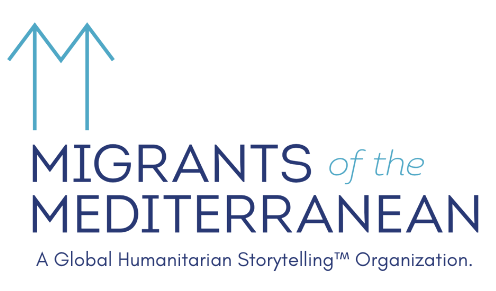27 April 2017: A Recap from Rome, Milan and More
What Lies Beyond Lampedusa
Just a short note this week after a full week of travel northward through Italy. Everyday was full, shuttling myself between cities on either plane, train, or by car. It was constant running, but a nice break to leave the island and experience the thrum of city life again.
From the glacial pace of Lampedusa direct to the Milan metropolis was a culture shock to put it lightly. I visited Como, where just outside the city by the Swiss border migrants are deported from the neighboring country back to Italy daily. A friend from the Ministry of the Interior and I casually strolled across that national border into Switzerland, where Italian is still spoken and you are not stopped for papers. It solidified the idea of a border as absolutely arbitrary. From there, I headed to a small mountain town in the Bergamo region where I reunited with Wally, who has been in Italy now for about six months. He is doing well and learning Italian from the classes he receives twice weekly. He helps out in the garden beside his group home, and everyone in town knows his friendly face. Wally is lucky. Baye, who I met the next day in Milan, is living in a cramped city refugee center where conditions are not as good. He has a place to sleep and food to eat, and now speaks fairly fluent Italian (our talk was mostly in Italian since Baye’s first language is French, not English), but the quality of life remains low and he does not know how to progress to a better place. The situation went from bad to worse when I met Pazi in a small city outside of Rome. There, he shares a housing compound with, he says, more than 4,000 refugees. The center looked like an abandoned suburban business center. It didn’t look like a place where anyone could actually live. The grounds are surrounded by a barbed wire fence. It resembles a prison. The quarters are cramped. Food is not good, there isn't sufficient hot water, and they are isolated enough from the town center that integration is slim to none at all. On the way into the area the streets are lined with prostitutes, young Nigerian girls. Expect a full follow up on Wally, Baye and Pazi soon.
Suffice it to say for now, the life of a migrant continues to become more complicated once they leave Lampedusa. And with every state employee, political or military figure I meet, the complexity of the crisis here deepens beyond imagination.
